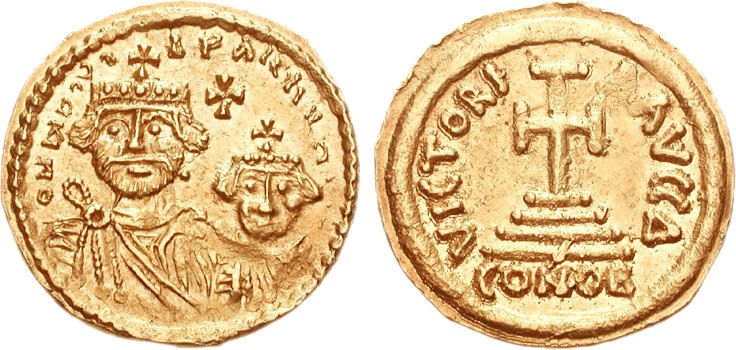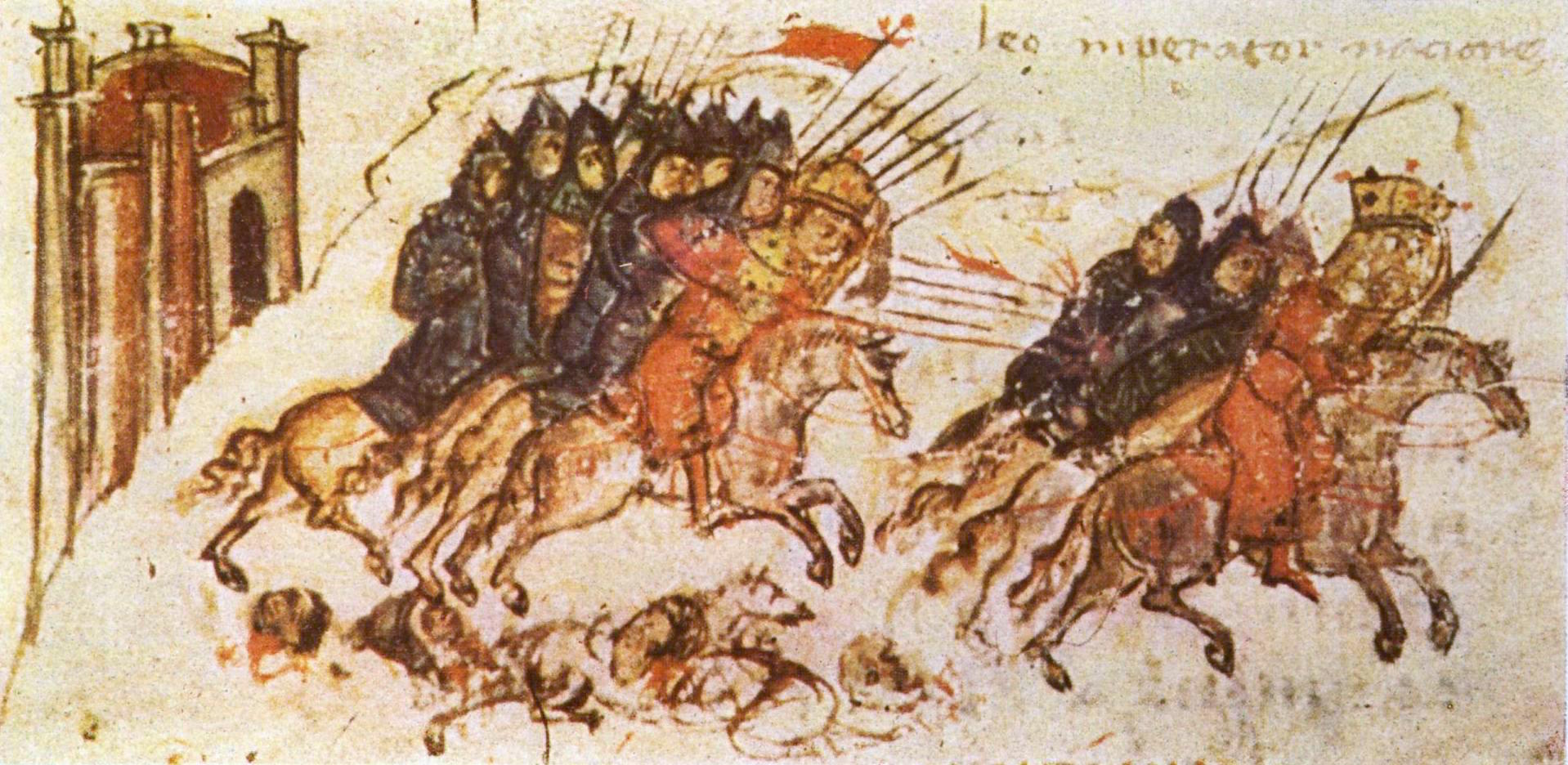|
Tudun
A tudun was a governor resident in a town or other settlement in the ancient Bulgar, Avar or Gokturk empires, particularly those of the Bulgars and the Khazars. The tudun was the personal representative of the imperial government and could function both as an administrator and a diplomat. At times, a tudun would be appointed for a town nominally under another power's control but ''de facto'' within the sphere of influence of the tudun's khagan Khagan or Qaghan (Middle Mongol:; or ''Khagan''; ) or zh, c=大汗, p=Dàhán; ''Khāqān'', alternatively spelled Kağan, Kagan, Khaghan, Kaghan, Khakan, Khakhan, Khaqan, Xagahn, Qaghan, Chagan, Қан, or Kha'an is a title of empire, im .... History of the Turkic peoples Khazar titles Titles of the Göktürks {{CAsia-hist-stub ... [...More Info...] [...Related Items...] OR: [Wikipedia] [Google] [Baidu] |
Avar Khaganate
The Pannonian Avars ( ) were an alliance of several groups of Eurasian nomads of various origins. The peoples were also known as the Obri in the chronicles of the Rus' people, Rus, the Abaroi or Varchonitai (), or Pseudo-Avars in Byzantine Empire, Byzantine sources, and the Apar () to the Göktürks. They established the Avar Khaganate, which spanned the Pannonian Basin and considerable areas of Central Europe, Central and Eastern Europe from the late 6th to the early 9th century. The name Pannonian Avars (after the area in which they settled) is used to distinguish them from the Avars (Caucasus), Avars of the Caucasus, a separate people with whom the Pannonian Avars may or may not have had links. Although the name ''Avar'' first appeared in the mid-5th century, the Pannonian Avars entered the historical scene in the mid-6th century, on the Pontic–Caspian steppe as a people who wished to escape the rule of the Göktürks. They are probably best known for their invasions and de ... [...More Info...] [...Related Items...] OR: [Wikipedia] [Google] [Baidu] |
Khagan
Khagan or Qaghan (Middle Mongol:; or ''Khagan''; ) or zh, c=大汗, p=Dàhán; ''Khāqān'', alternatively spelled Kağan, Kagan, Khaghan, Kaghan, Khakan, Khakhan, Khaqan, Xagahn, Qaghan, Chagan, Қан, or Kha'an is a title of empire, imperial rank in Turkic languages, Turkic, Mongolic languages, Mongolic, and some other languages, equal to the status of emperor and someone who rules a khaganate (empire). The female equivalent is Khatun. It may also be translated as "Khan (title), Khan of Khans", equivalent to King of Kings. In Bulgarian, the title became known as ''Khan'', while in modern Turkic, the title became ''Khaan'' with the ''g'' sound becoming almost silent or non-existent; the ''ğ'' in modern Turkish language, Turkish ''Kağan'' is also silent. After the division of the Mongol Empire, monarchs of the Yuan dynasty and the Northern Yuan held the title of ''Khagan''. ''Kağan, Hakan'' and ''Kaan'', Turkish language, Turkish equivalents of the title are common Tur ... [...More Info...] [...Related Items...] OR: [Wikipedia] [Google] [Baidu] |
Governor
A governor is an politician, administrative leader and head of a polity or Region#Political regions, political region, in some cases, such as governor-general, governors-general, as the head of a state's official representative. Depending on the type of political region or polity, a ''governor'' may be either appointed or elected, and the governor's powers can vary significantly, depending on the public laws in place locally. The adjective pertaining to a governor is gubernatorial, from the Latin root ''gubernare''. In a federated state, the governor may serve as head of state and head of government for their regional polity, while still operating under the laws of the federation, which has its own head of state for the entire federation. Ancient empires Pre-Roman empires Though the legal and administrative framework of provinces, each administered by a governor, was created by the ancient Rome, Romans, the term ''governor'' has been a convenient term for historians to describe si ... [...More Info...] [...Related Items...] OR: [Wikipedia] [Google] [Baidu] |
Resident-General
A resident minister, or resident for short, is a government official required to take up permanent residence in another country. A representative of his government, he officially has diplomatic functions which are often seen as a form of indirect rule. A resident usually heads an administrative area called a residency. "Resident" may also refer to resident spy, the chief of an espionage operations base. Resident ministers This full style occurred commonly as a diplomatic rank for the head of a mission ranking just below envoy, usually reflecting the relatively low status of the states of origin and/or residency or else difficult relations. On occasion, the resident minister's role could become extremely important, as when in 1806 the Bourbon king Ferdinand IV fled his Kingdom of Naples, and Lord William Bentinck, the British Resident, authored (1812) a new and relatively liberal constitution. Residents could also be posted to nations that had significant foreign influ ... [...More Info...] [...Related Items...] OR: [Wikipedia] [Google] [Baidu] |
Bulgars
The Bulgars (also Bulghars, Bulgari, Bolgars, Bolghars, Bolgari, Proto-Bulgarians) were Turkic peoples, Turkic Nomad, semi-nomadic warrior tribes that flourished in the Pontic–Caspian steppe and the Volga region between the 5th and 7th centuries. They became known as Eurasian nomads, nomadic equestrians in the Volga-Ural region, but some researchers trace Bulgar ethnic roots to Central Asia. During their westward migration across the Eurasian Steppe, the Bulgar tribes absorbed other tribal groups and cultural influences in a process of ethnogenesis, including Iranian peoples, Iranic, Finno-Ugric peoples, Finno-Ugric, and Huns, Hunnic tribes. The Bulgars spoke a Turkic languages, Turkic language, the Bulgar language of the Oghur languages, Oghuric branch. They preserved the military titles, organization, and customs of Eurasian steppes as well as pagan shamanism and belief in the sky deity Tengri, Tangra. The Bulgars became semi-sedentary during the 7th century in the Pontic- ... [...More Info...] [...Related Items...] OR: [Wikipedia] [Google] [Baidu] |
Empire
An empire is a political unit made up of several territories, military outpost (military), outposts, and peoples, "usually created by conquest, and divided between a hegemony, dominant center and subordinate peripheries". The center of the empire (sometimes referred to as the metropole) has political control over the peripheries. Within an empire, different populations may have different sets of rights and may be governed differently. The word "empire" derives from the Roman concept of . Narrowly defined, an empire is a sovereign state whose head of state uses the title of "emperor" or Empress-regnant, "empress"; but not all states with aggregate territory under the rule of supreme authorities are called "empires" or are ruled by an emperor; nor have all self-described empires been accepted as such by contemporaries and historians (the Central African Empire of 1976 to 1979, and some Anglo-Saxon kingdoms in early England being examples). There have been "ancient and modern, ... [...More Info...] [...Related Items...] OR: [Wikipedia] [Google] [Baidu] |
Khazars
The Khazars ; 突厥可薩 ''Tūjué Kěsà'', () were a nomadic Turkic people who, in the late 6th century CE, established a major commercial empire covering the southeastern section of modern European Russia, southern Ukraine, Crimea, and Kazakhstan. They created what, for its duration, was the most powerful polity to emerge from the break-up of the Western Turkic Khaganate. Astride a major artery of commerce between Eastern Europe and Southwestern Asia, Khazaria became one of the foremost trading empires of the early medieval world, commanding the western marches of the Silk Road and playing a key commercial role as a crossroad between China, the Middle East, and Kievan Rus'. For some three centuries (–965), the Khazars dominated the vast area extending from the Volga-Don steppes to the eastern Crimea and the northern Caucasus. Khazaria long served as a buffer state between the Byzantine Empire, the nomads of the northern steppes, and the Umayyad and Abbasid Caliph ... [...More Info...] [...Related Items...] OR: [Wikipedia] [Google] [Baidu] |
Gothic Language
Gothic is an extinct language, extinct East Germanic languages, East Germanic language that was spoken by the Goths. It is known primarily from the ''Codex Argenteus'', a 6th-century copy of a 4th-century Bible translation, and is the only East Germanic language with a sizeable text corpus. All others, including Burgundian language (Germanic), Burgundian and Vandalic language, Vandalic, are known, if at all, only from proper names that survived in historical accounts, and from loanwords in other, mainly Romance languages, Romance, languages. As a Germanic language, Gothic is a part of the Indo-European languages, Indo-European language family. It is the earliest Germanic language that is attested in any sizable texts, but it lacks any modern descendants. The oldest documents in Gothic date back to the fourth century. The language was in decline by the mid-sixth century, partly because of the military defeat of the Goths at the hands of the Franks, the elimination of the Goths ... [...More Info...] [...Related Items...] OR: [Wikipedia] [Google] [Baidu] |
History Of The Turkic Peoples
Turkic history is the systematic documentation and study of events involving the Turkic peoples. Origins Turks are an important political identity of Eurasia. They first appeared at Inner Eurasian steppes and migrated to many various regions (such as Central Asia, West Asia, North Asia, and Eastern Europe.) and participated in many local civilizations there. It is not yet known when, where, and how the Turks formed as a population identity. However, it is predicted that Proto-Turkic populations have inhabited regions that they could have the lifestyle of Eurasian equestrian pastoral nomadic culture. ''Türk'' was first used as a political identity in history during the Göktürk Khaganate period. The old Turkic script was invented by Göktürks as well. The ruling Ashina clan origins are disputed. Although there are debates about its inception, the history of the Turks is an important part of world history. The history of all people that emerged in Eurasia and North ... [...More Info...] [...Related Items...] OR: [Wikipedia] [Google] [Baidu] |
Khazar Titles
The Khazars ; 突厥可薩 ''Tūjué Kěsà'', () were a nomadic Turkic people who, in the late 6th century CE, established a major commercial empire covering the southeastern section of modern European Russia, southern Ukraine, Crimea, and Kazakhstan. They created what, for its duration, was the most powerful polity to emerge from the break-up of the Western Turkic Khaganate. Astride a major artery of commerce between Eastern Europe and Southwestern Asia, Khazaria became one of the foremost trading empires of the early medieval world, commanding the western marches of the Silk Road and playing a key commercial role as a crossroad between China, the Middle East, and Kievan Rus'. For some three centuries (–965), the Khazars dominated the vast area extending from the Volga-Don steppes to the eastern Crimea and the northern Caucasus. Khazaria long served as a buffer state between the Byzantine Empire, the nomads of the northern steppes, and the Umayyad and Abbasid Caliphates, ... [...More Info...] [...Related Items...] OR: [Wikipedia] [Google] [Baidu] |







